How to Pay CRA: A Step-by-Step Guide to Simplify Your Payments
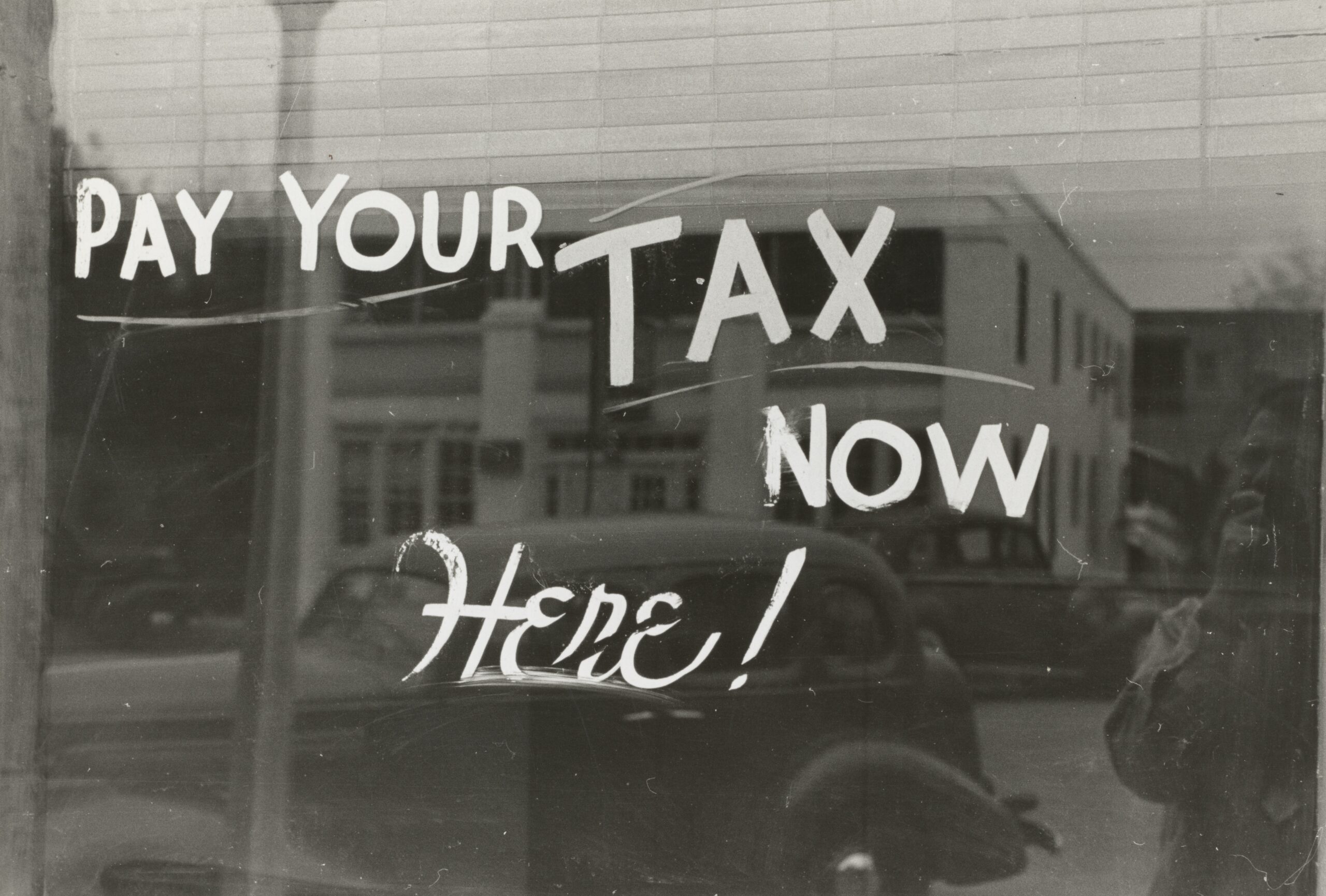
For individuals residing outside Canada without a Canadian bank account, making payments to the Canada Revenue Agency (CRA) is possible through wire transfer or by using an internationally issued credit card. This can be facilitated through a third-party service provider, albeit with associated fees for their services.
- How to Pay CRA: A Step-by-Step Guide to Simplify Your Payments
- How to Make Wire Transfer Payments to Canada Revenue Agency: A Comprehensive Guide
- Wire Transfer Details
- Required Information
- Your Details
- Additional Step
- How Can Non-Residents Pay Canada Revenue Agency with a Credit Card? A Comprehensive Guide
- Making Payments
- Choose Your Service Provider
- Can I pay my Canadian income tax online?
- Swift and Secure
- Convenient Transactions
- How It Works
- How long do you have to pay taxes Canada?
How to Make Wire Transfer Payments to Canada Revenue Agency: A Comprehensive Guide
Non-residents without a Canadian bank account can conveniently make payments to the Canada Revenue Agency (CRA) through wire transfer. To ensure a smooth transaction, here’s what you need to know:
Wire Transfer Details
All wire transfers must be in Canadian dollars, and your financial institution may charge a fee for this service. It’s crucial to confirm that the wire transfer fee is not deducted from the total payment amount, preventing any underpayment issues.
New Process: Wire transfers are now facilitated by Fédération des Caisse Desjardins du Québec in Canada, and they don’t impose any fees for forwarding your payment to the CRA.
Required Information
Provide the following information and account details to your financial institution, as the CRA only accepts SWIFT wire transfer payments:
Banking Institution:
- Name: Fédération des Caisses Desjardins du Québec
- Address: 100 rue des Commandeurs, Levis, Quebec, Canada G6V 7N5
- SWIFT: CCDQCAMM
- Bank Number: 815
- Transit Number: 98000
- Beneficiary Name: Receiver General of Canada
- Beneficiary Account Number: MFI09708060815CAD3 (or at least 815980000970806)
- Beneficiary Address: 11 Laurier Street, Gatineau, Quebec, K1A 0S5
- Description Field: Authorization Number – 122-25678-CRA
- ABA Code (if required): 081598000
- Charges Field: “OUR”
Your Details
Ensure the following details are provided in the wire transfer for accurate crediting to your account:
For Individuals:
- Non-Resident Account Number or Social Insurance Number
- Full Legal Name
- Telephone Number
- Tax Year/Year End (e.g., 599999976, John Smith, 613-000-0000)
For Businesses:
- Non-Resident Account Number or Business Number
- Business Name
- Period End Date
- Telephone Number (e.g., 777777798RP0001, Smith Construction, 2019/03/15, 613-000-0000)
Additional Step
After sending the wire transfer, fax a copy of your tax remittance voucher or GST/HST return/remittance to the CRA’s Revenue Processing Section at Fax: 204-983-0924. Include details such as the amount paid, date paid, and the confirmation number if available. This additional step ensures a seamless record of your transaction with the CRA.
How Can Non-Residents Pay Canada Revenue Agency with a Credit Card? A Comprehensive Guide
Are you a non-resident without a Canadian bank account looking to make payments to the Canada Revenue Agency (CRA)? You’re in luck! With an internationally issued credit card and the assistance of a third-party service provider, you can smoothly handle your payments. Here’s what you need to know:
Making Payments
- Credit Card Option:
- Non-residents can conveniently use an internationally issued credit card.
- Payments are facilitated through third-party service providers, and please note that a service fee applies.
- Advance Setup:
- Ensure you set up your payment well in advance of the due date.
- Payment delivery is not immediate and may vary among different third-party service providers.
Choose Your Service Provider
Select from reputable third-party service providers, each offering various payment services. Here’s one option:
PaySimply:
- Accepted Payments: Source deductions, GST/HST, T2 corporation, excise tax, excise duty, air travellers security charge, tax on insurance premiums, information returns, fuel charge, Nova Scotia Workers’ Compensation Board, Part XIII – non-resident withholding tax, T1 individual, and benefits and credits repayments.
Visit the PaySimply website to explore their offerings and initiate your payment process.
Can I pay my Canadian income tax online?
Navigating the intricacies of tax payments just got a whole lot simpler with My Payment—an online payment option seamlessly integrated into the Canada Revenue Agency (CRA) website. This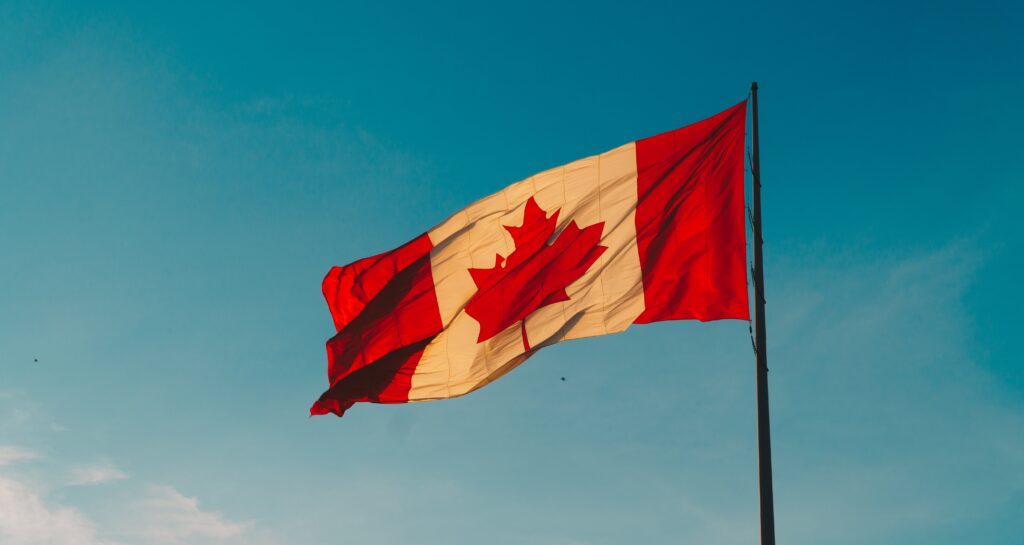
Swift and Secure
- Instant Accounting:
- My Payment operates through RBC Virtual Visa Debit, ensuring that funds are deducted from your account immediately.
- Say goodbye to the hassle of monitoring your account for outstanding cheques.
Convenient Transactions
- Single Transaction, Multiple Accounts:
- Simplify your tax payments by making multiple payments to various CRA accounts with just a single transaction.
- Enjoy the convenience of managing your payments from the comfort of your home.
How It Works
- Visit the CRA Website:
- Access the My Payment service directly through the official CRA website.
- RBC Virtual Visa Debit:
- Utilize the secure RBC Virtual Visa Debit for a seamless payment experience.
- Single Transaction Convenience:
- Easily make payments to multiple CRA accounts with one swift transaction.
My Payment streamlines the tax payment process, offering individuals and businesses a user-friendly platform that ensures both speed and security. Say goodbye to complex accounting and welcome the simplicity of handling your tax payments from the comfort of your home.
How long do you have to pay taxes Canada?
In the realm of taxation, adherence to deadlines is paramount. It is imperative to submit tax returns by the established cutoff date, typically on or before April 30th. Failing to comply with this timeline may result in the imposition of interest charges and late-filing penalties by the Canada Revenue Agency (CRA).
It is essential to note that the repercussions of delayed filing extend beyond mere penalties. Should you submit your return after April 30th, various crucial financial benefits, such as the GST/HST credit, Climate Action Tax Credit, Canada Child Benefit, Family Bonus, and Old Age Security benefit payments, may encounter delays.
For individuals or couples who engaged in a business during the tax year, excluding those whose expenditures are predominantly associated with a tax shelter, the filing deadline is extended to June 15th. Nevertheless, it is crucial to emphasize that if there is an outstanding balance, the associated tax must still be settled on or before April 30th. Striking a balance between timely filing and financial responsibility is key in navigating the intricate landscape of tax obligations.

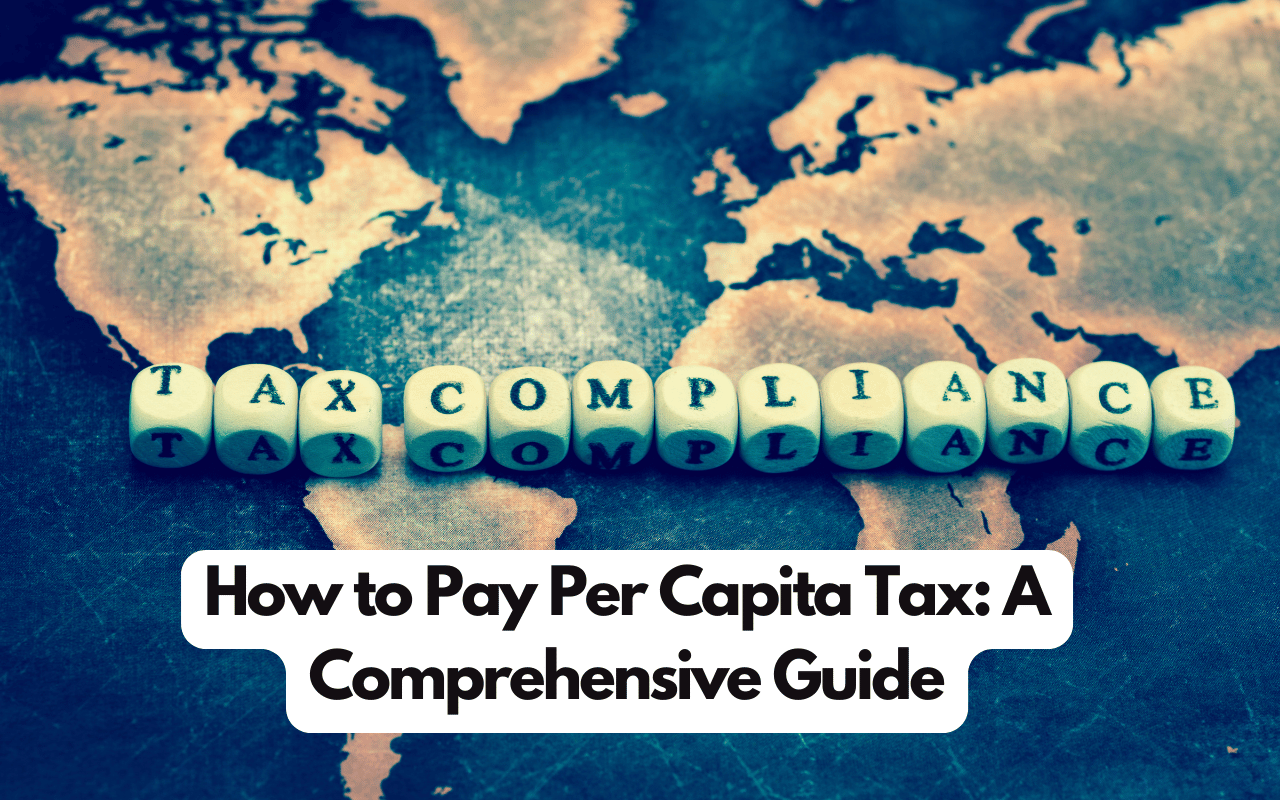
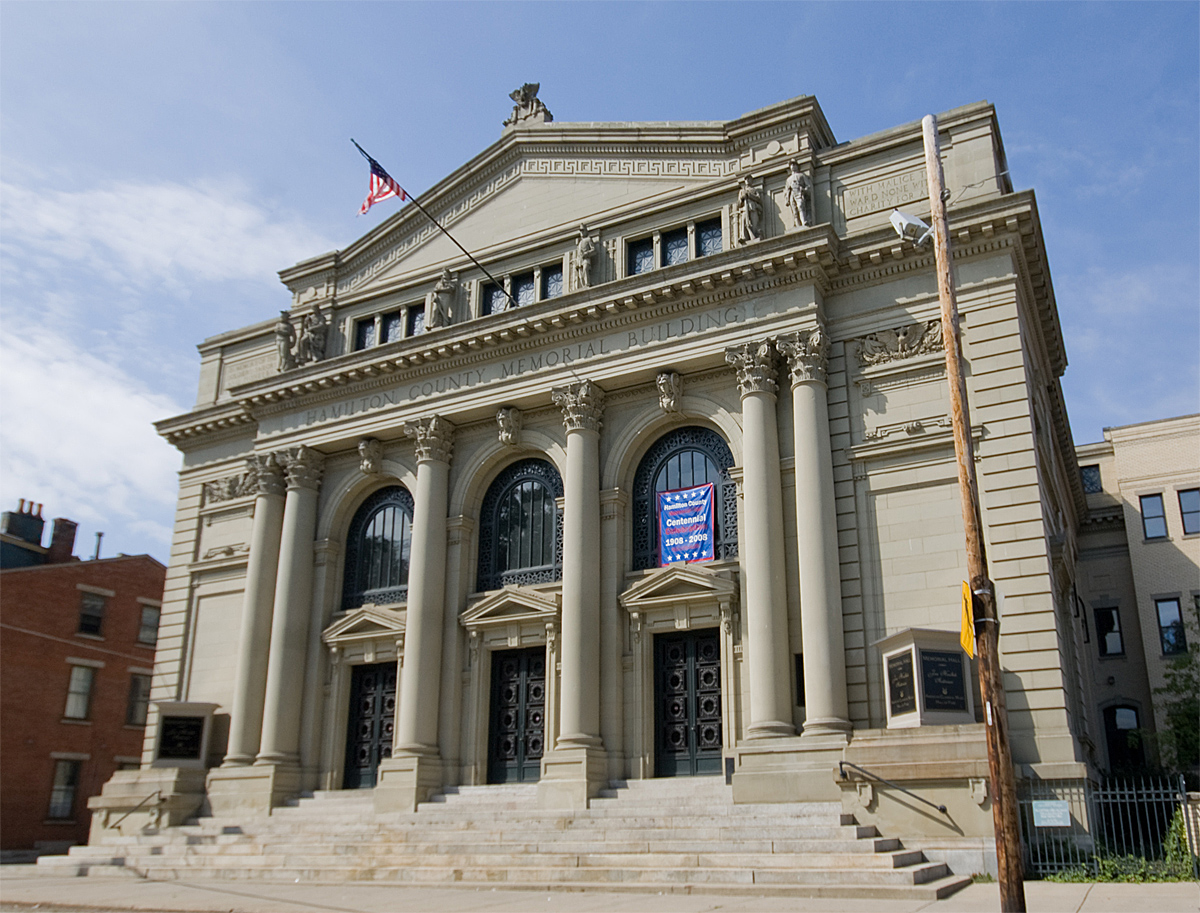

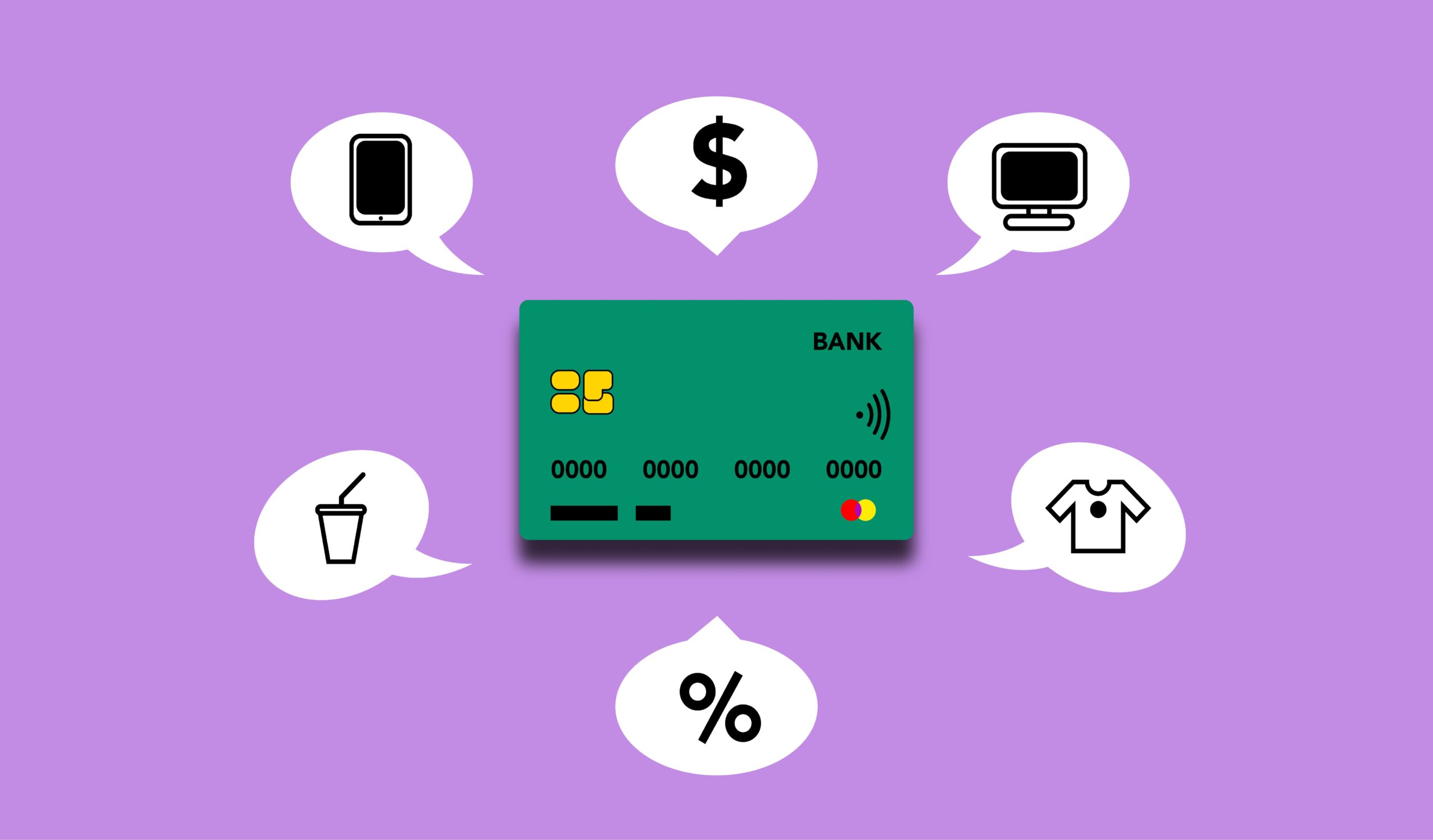


This was a fantastic read. Your analysis of the latest tech trends is spot on and very informative.